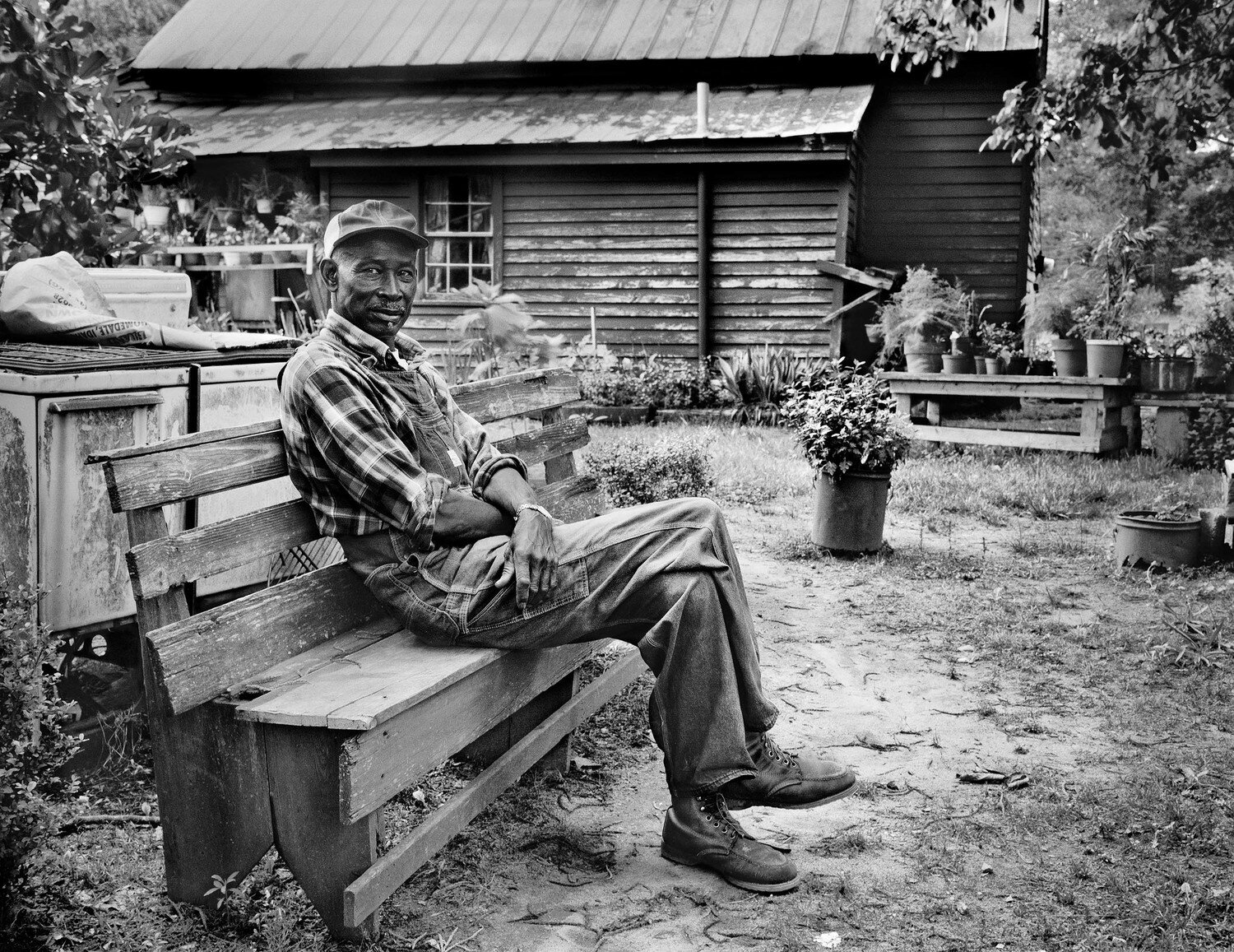African Americans are at the center of our nation’s gardening and farming history and are an integral part of shaping the future. We went searching for examples of how Black Americans have experienced and contributed to past and present gardening and farming practices in the United States. We were taken aback by the amount and depth of stories out there! So we wish to share this small sampling of stories with links for you to explore more deeply.
We know about and still contend with the consequences of slaveholding as a major part of our nation’s history, which was concentrated in (but not limited to) the agricultural industry in the South. We may be less familiar with the subsequent history of the Jim Crow era and much of the 20th century when freed black farm families were systematically maneuvered out of their own farms through discriminatory lending and other practices. In 1920, around 14% of American farmers were African American. By 2003, that number was around 1%.
Gardening Traditions
We are continually learning about farming and gardening traditions that enslaved peoples brought from their homelands, and how some of those traditions carry over today. Their gardens were often an expression of freedom and autonomy (or survival) in their living space. The vegetable garden and livestock were often integrated with indoor space. There was space to work, play, socialize, not just to visually present the house. Function, symbolism, and displaying objects of meaning (for example, blue bottle trees), was more important than the open, pastoral space as most European Americans preferred.
The following images are from Places for the Spirit, Traditional African American Gardens, a series of photographs by Vaughn Sills, of both gardens and the people who created them. She intends her images to “honor and document a unique landscape aesthetic that is historically significant.”
Innovations in Gardening and Farming
Then there are accounts of the practices and innovations that African Americans contributed to farming or gardening in the U.S., for which they were credited much later, if at all: the stories of George Washington Carver, who started advocating for environmental health and sustainable farming (including composting and crop rotation) at Tuskegee Institute in the 1910s, long before the modern permaculture movement; of one of Dr. Carver’s successors, Booker T. Whatley, who was promoting a form of Community Supported Agriculture (CSA) in the 1960s, some twenty years before the idea was “discovered” out of Europe; of Martha Jones, believed to be the first Black woman to receive a U.S. Patent, for her corn sheller in 1868, which greatly reduced and repurposed corn plant waste.
The Future of Farming
The future is emerging among African American organizers and entrepreneurs who have started farms, gardening companies, and nonprofits. Leah Penniman started her Soul Fire Farm with her husband after struggling to find fresh produce for their young children in their area of Albany, NY, which would be commonly referred to as a "food desert." Part of Soul Fire’s mission is to address this inequality and greatly expand opportunities for good food and nutrition among minority communities. Another part is to address the emotional history:
“When I ask Black visitors to Soul Fire Farm what they first associate with farming, they respond, ‘slavery’ or ‘plantation,’” Penniman recounts. “And yet, we’re keenly aware that something is missing, that a gap exists where once there was connection... We somehow know that without the land, we cannot return to freedom.”
Similar efforts have sprung up in other communities around the U.S. In 2010, Ron Finley was cited by the City of Los Angeles for planting vegetables along a dirt parking strip. He fought back, petitioning with fellow activists for the right to garden and grow food in his South Central neighborhood. And the now nationally-lauded Ron Finley Project was sown. Here in Seattle, Nurturing Roots Farm was founded in 2016 on South Beacon Hill. They are an innovative community farming program focused on healthy food choices.
Freedom. Strength. Beauty. These are among the many gifts that the garden brings to any gardener, but particularly those for whom the struggle has gone on way too long.
“I remember people coming to my mother’s yard to be given cuttings from flowers; I hear again the praise showered on her because whatever rocky soil she landed on, she turned into a garden. A garden so brilliant with colors, so original in its design, so magnificent with life and creativity, that to this day people drive by our house in Georgia—perfect strangers and imperfect strangers—and ask to stand or walk among my mother’s art. I notice that it is only when my mother is working in her flowers that she is radiant, almost to the point of being invisible—except as Creator: hand and eye. She is involved in work her soul must have. Ordering the universe in the image of her personal conception of Beauty.”
There are so many more stories to consider! In future posts we plan to explore many more cultures that have informed the heritage of American gardening.
For African American gardening, here are some links to continue your own exploration:
Soul Fire Farm, NY
The Ron Finley Project (Gangsta Gardening), Los Angeles
Urban Growers Collective, Chicago
Grass Grazed, Family Farm in NC
Horticultural Therapy Institute, Kaifa Anderson-Hall, Denver, CO
The Color of Food - Natasha Bowens, author











